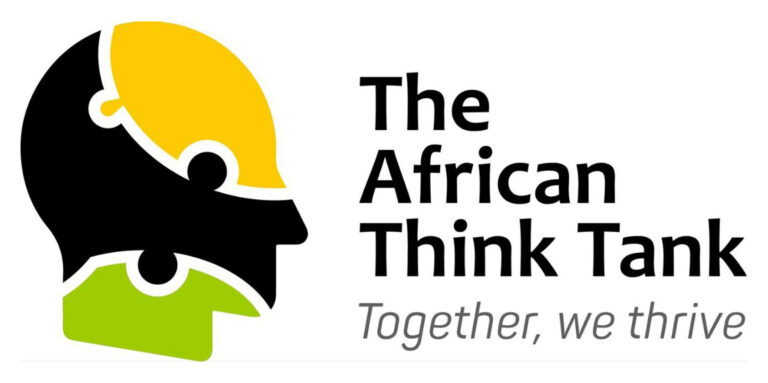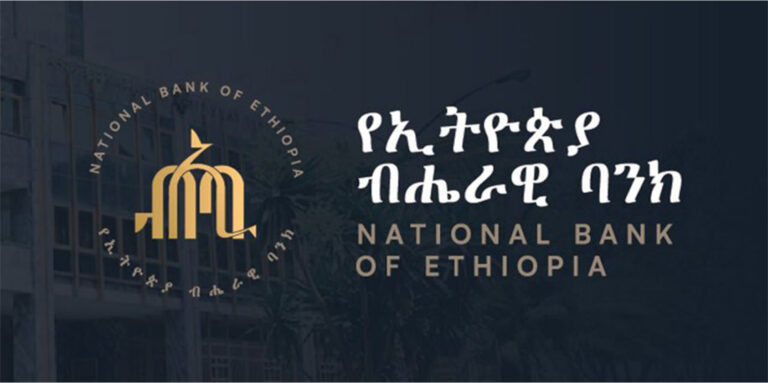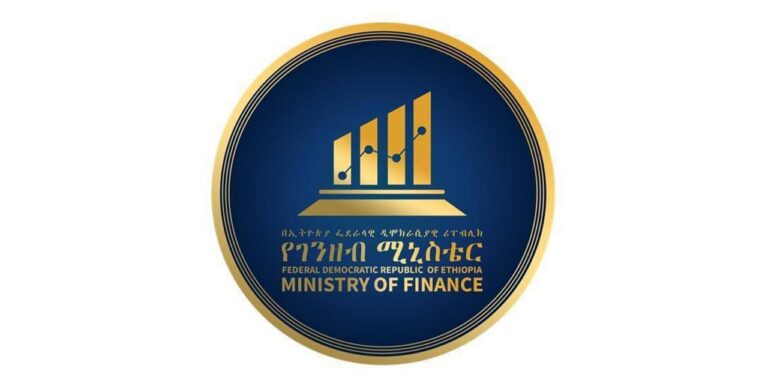As artificial intelligence (AI) rapidly transforms global economic and social landscapes, African leaders have issued a stark warning that the continent stands at a critical crossroads: failure to actively invest in AI innovation, leadership development, and infrastructure risks leaving Africa behind in global growth throughout the coming century. The cautionary message was delivered ahead of and during the 11th African Think Tank Summit, scheduled for October 8-10 in Ethiopia’s capital.
Zadig Abraha, CEO of the African Leadership Excellence Academy (AFLEX), emphasized that the competition shaping the future is no longer between developed and developing nations but between humans and machines. “The race is man with machines,” he said. He warned that even global superpowers like the United States cannot guarantee their dominance in the next century without significant investment in AI technologies and capabilities.
Describing a future full of unprecedented change, Abraha envisioned a world where long-standing practices and assumptions give way to emerging and transformative phenomena. He underlined that success will require visionary leadership capable of converting good ideas and policies into concrete outcomes, especially in public finance and governance.
The theme of the upcoming summit, “Bridging the Gap Between Public Finance Policy and Implementation: From Taxation to Action,” reflects Africa’s perennial struggle to translate well-crafted fiscal policies into measurable development gains. Abraha stressed that without farsighted leaders, competent public servants, and strong institutions, the most innovative policies risk remaining mere ambitions on paper.
AFLEX has been highlighted as a leading institution committed to nurturing such transformative leadership across the continent—leaders who can deliver results, manage complexity, and inspire confidence amidst rapid technological and economic change.
Echoing these sentiments, Mamadou Biteyethe, Executive Secretary of the African Capacity Building Foundation (ACBF), reminded participants that the core challenge in fiscal reform lies not in design but execution. “Knowledge without practicality has little effect,” he cautioned, underscoring the need for rigorous policy monitoring and effective translation of reforms into tangible citizen benefits.
To bridge the gap between policy intent and real-world impact, the summit aims to prioritize actionable results over theoretical discussion. Leaders emphasized the urgent need to build a financial ecosystem capable of supporting Africa’s AI-driven future, investing heavily in the continent’s youth and innovation capacity to ensure they are active contributors—not mere observers—to Africa’s development.
Crucially, summit planners envision this event as a platform to jointly shape Africa’s leadership evolution and fiscal transition, turning ambitious goals into real improvements that benefit citizens across the continent.
As AI reshapes labor markets, commerce, healthcare, and governance globally, Africa’s ability to harness the technology will determine its developmental trajectory in the 21st century. Participants underscored that urgent collaboration among governments, the private sector, academia, and civil society is essential to build ethical, inclusive, and sustainable AI ecosystems tailored to Africa’s unique socio-economic realities.
The African Union Commission Deputy Chairperson, Selma Malika Haddadi, has earlier affirmed the continent’s commitment to leveraging AI for inclusive prosperity, stressing investments in renewable-powered data centers, regional compute hubs, and data sovereignty to protect African identities.






